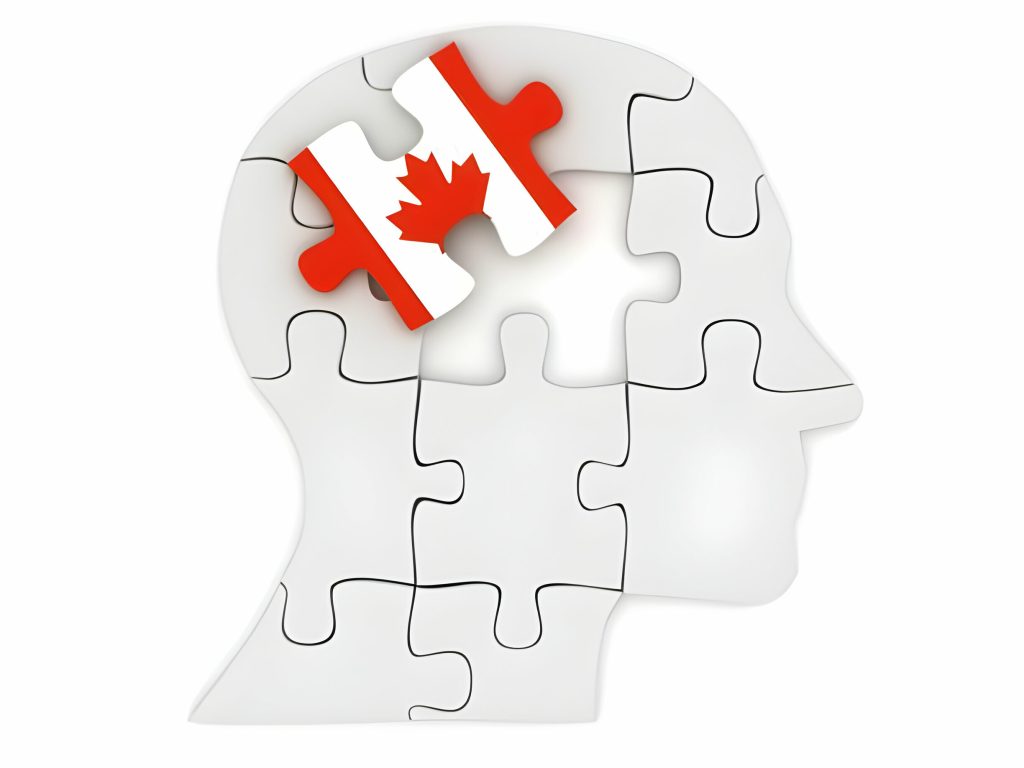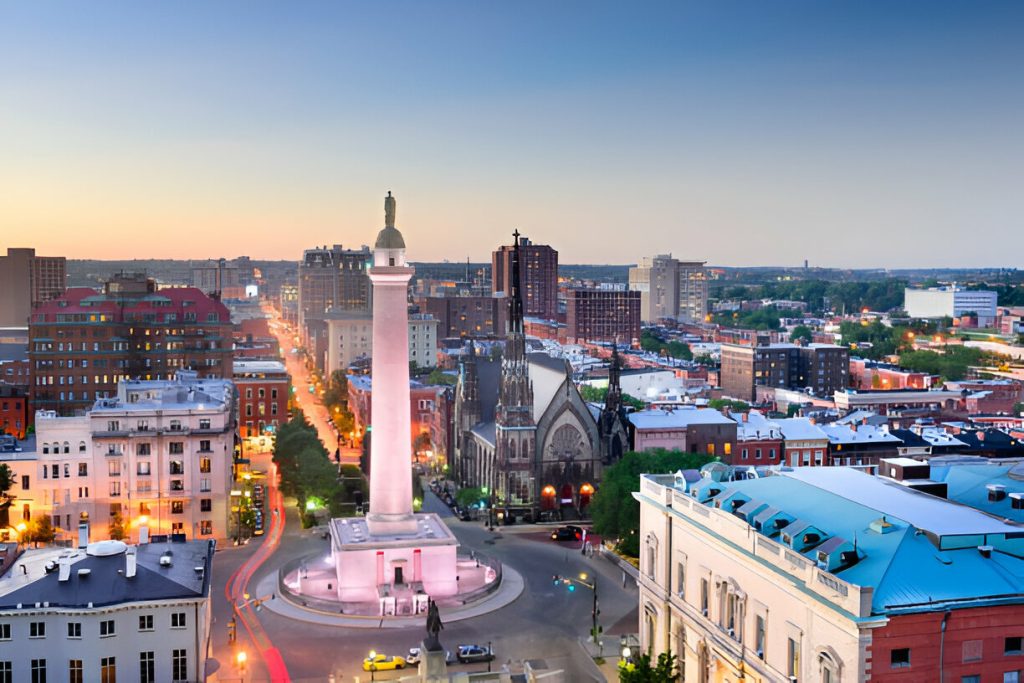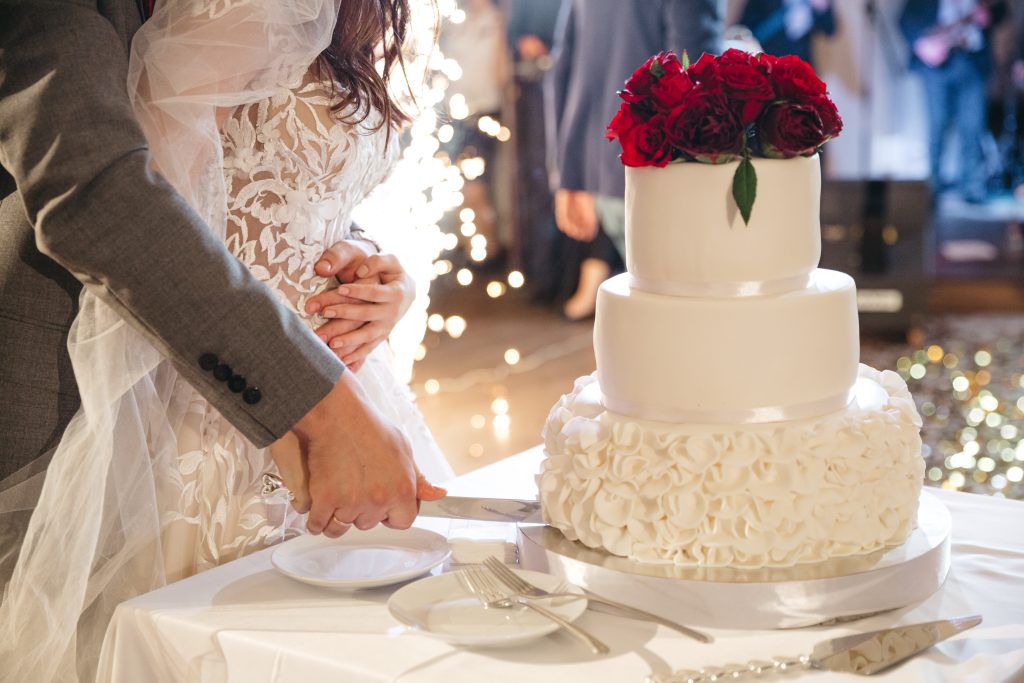As you navigate the intricate world of wedding planning, the cost of this centerpiece dessert can both surprise and intrigue you. Factors such as flavors, design complexity, and the baker’s expertise all contribute to the final bill. However, there’s more to uncover beyond these initial considerations. Stay tuned to uncover essential insights and tips that will help you navigate the world of wedding cake pricing with ease and confidence.
Factors Affecting Wedding Cake Costs
When considering the cost of a wedding cake, various factors come into play, influencing the final price you might pay for this centerpiece of your celebration. The decorative elements you choose, such as intricate designs, sugar flowers, or hand-piped details, can significantly impact the overall cost. Seasonal ingredients play a role as well; using fresh, in-season fruits or flavors can be more cost-effective than out-of-season choices. Customization options, like unique flavors, fillings, or special dietary requirements, may also increase the price due to extra labor and resources.
Moreover, delivery logistics can affect the cost of your wedding cake. Factors such as the distance the baker needs to travel, the complexity of the setup at the venue, and any special accommodations required for transportation can all contribute to the final price. Additionally, the baker’s expertise and reputation in the industry can influence the cost, as highly skilled bakers with a strong portfolio may charge more for their services. By considering these factors, you can make informed decisions about your wedding cake that align with your budget and vision.
Average Cost for 150 Guests
Considering the various factors that impact wedding cake costs, it’s important to understand the average expenses involved in providing a delightful cake for 150 guests. Here’s a breakdown to help you budget effectively:
- Cost breakdown: Wedding cakes for 150 guests typically range from $500 to $1000, with custom or specialty cakes potentially exceeding $1000.
- Budget allocation: Allocate 2-5% of your total wedding budget for the cake, aiming to spend around $500-$700 depending on your preferences and overall budget.
- Serving size: A cake serving 150 guests usually consists of a three-tier cake, ensuring each guest receives a slice while maintaining elegance and practicality.
- Customization options: The final cost depends on customization choices such as flavors, fillings, and design complexity. Opting for simpler designs can help manage costs effectively.
- Design complexity: Elaborate designs and intricate details drive up the price. Consider balancing your desire for a visually stunning cake with your budget to ensure a perfect fit for your special day.
Size and Tiers Impact on Price
The number of tiers in a wedding cake significantly influences its price, with more layers typically resulting in higher costs due to increased ingredients, labor, and decoration time. When considering size and tiers for your wedding cake serving 150 guests, remember that a three-tier cake is suitable for this guest count, while a four-tier can serve up to 200 people. The size variations impact not only the number of servings but also the overall look and feel of the cake. Larger cakes require more ingredients and labor-intensive designs, which contribute to the final cost. Customization options, such as decorative elements and ingredient choices, also play a significant role in pricing. Intricate designs and labor-intensive decorations can drive up the cost, especially when opting for elaborate and personalized features. Keep in mind that the more elaborate the design and the more customization you desire, the more it may impact the overall price of your wedding cake.
Flavors and Fillings Influence Cost
As you explore the influence of flavors and fillings on wedding cake costs, the choice of ingredients can significantly impact the overall price tag of your cake creation. Here are some key factors to consider:
- Flavor Combinations: Opting for gourmet flavors like lemon lavender or exotic options such as champagne can increase the cost compared to traditional vanilla or chocolate.
- Ingredient Costs: Unique fillings, fruit layers, or cream cheese frostings can add to the overall price due to the quality and rarity of these ingredients.
- Decoration Complexity: Intricate designs and decorations such as fondant flowers or detailed patterns may drive up the cost as they require more time and skill to execute.
- Customization Options: Choosing personalized elements or specific themes for your cake can lead to higher costs as they often require more effort and expertise from the baker.
- Presentation Styles: The way your cake is presented, whether it’s a simple round cake or an elaborate multi-tiered masterpiece, can impact the final price based on the labor and materials involved.
Design and Icing Price Factors
To determine the cost of your wedding cake design and icing, evaluate the intricacy of the chosen decorations and the type of frosting selected. Pricing trends in the wedding cake industry often reflect the design complexity and decorative elements utilized. Customization options, such as personalized toppers or intricate sugar flowers, can significantly impact the overall cost. Ingredient costs also play a crucial role, especially with exotic flavors or premium fillings that can drive up prices.
Design complexity is a key factor influencing the pricing of wedding cakes. Intricate designs that require more skill and time to execute are generally more expensive. Fondant cakes, known for their smooth finish and ability to hold intricate detailing, tend to be pricier than buttercream icing cakes. While buttercream is a popular choice for its affordability and taste, fondant offers creative freedom and is heat-resistant, allowing for elaborate designs that can elevate the overall cost. Consider these factors when deciding on the design and icing for your wedding cake to align with your budget and vision.
Wedding Cake Budgeting Tips
Begin your wedding cake budgeting journey by strategically allocating a percentage of your total wedding budget to ensure a stress-free and balanced financial plan for the cake. When managing your wedding cake expenses, consider the following tips:
- Budget Allocation: Allocate 2-5% of your total wedding budget to the cake to maintain financial equilibrium.
- Cost Saving Techniques: Opt for cost-saving techniques like choosing buttercream over fondant and simplifying the design to reduce labor costs.
- Design Complexity: Keep in mind that intricate designs drive up the price, so consider simpler designs to stay within budget.
- Flavor Selection: Vanilla or chocolate flavors are generally more cost-effective compared to gourmet or exotic flavors.
- Expert Bakeries: Consult with reputable bakeries known for their expertise to ensure quality and value for your investment.
Wedding Cake Pricing Strategies
When pricing your wedding cake, carefully consider the cake size, design intricacy, and frosting choice to ensure you stay within your budget while delighting your guests with a delectable centerpiece for your special day. Allocating 2-5% of your total wedding budget to the cake is a common practice. The average cost for a wedding cake falls between $300-$700, but custom or specialty cakes can exceed $1000. To save costs, opt for buttercream over fondant, choose simpler designs, or use kitchen cakes for larger guest counts. Pricing trends vary by bakery and design complexity, with some bakers charging per slice. Customization options like intricate designs or exotic flavors can significantly impact the final cost. Consider the ingredient impact as well; gourmet flavors, fruit fillings, and unique ingredients may increase the overall price. By balancing your budget, exploring cost-saving techniques, and carefully selecting customization options, you can create a stunning wedding cake without breaking the bank.
Cake Quantity Considerations
Consider the size and tier configuration of your wedding cake carefully to ensure you have enough portions for all your guests while keeping within your budget.
- Guest count: Determine the exact number of guests attending to calculate the required cake size accurately.
- Portion planning: Plan for each guest to have a slice of cake, ensuring there are ample servings for everyone.
- Serving size: Choose the appropriate serving size based on your guest count to avoid running out of cake.
- Cake design: Opt for a design that not only fits your theme but also caters to the number of guests you’ll be serving.
When deciding on the quantity of cake needed for your 150 guests, it’s crucial to strike a balance between having enough cake for everyone while staying mindful of your budget allocation. By considering the guest count, portion planning, serving size, and cake design, you can ensure that your wedding cake is both sufficient and cost-effective.











